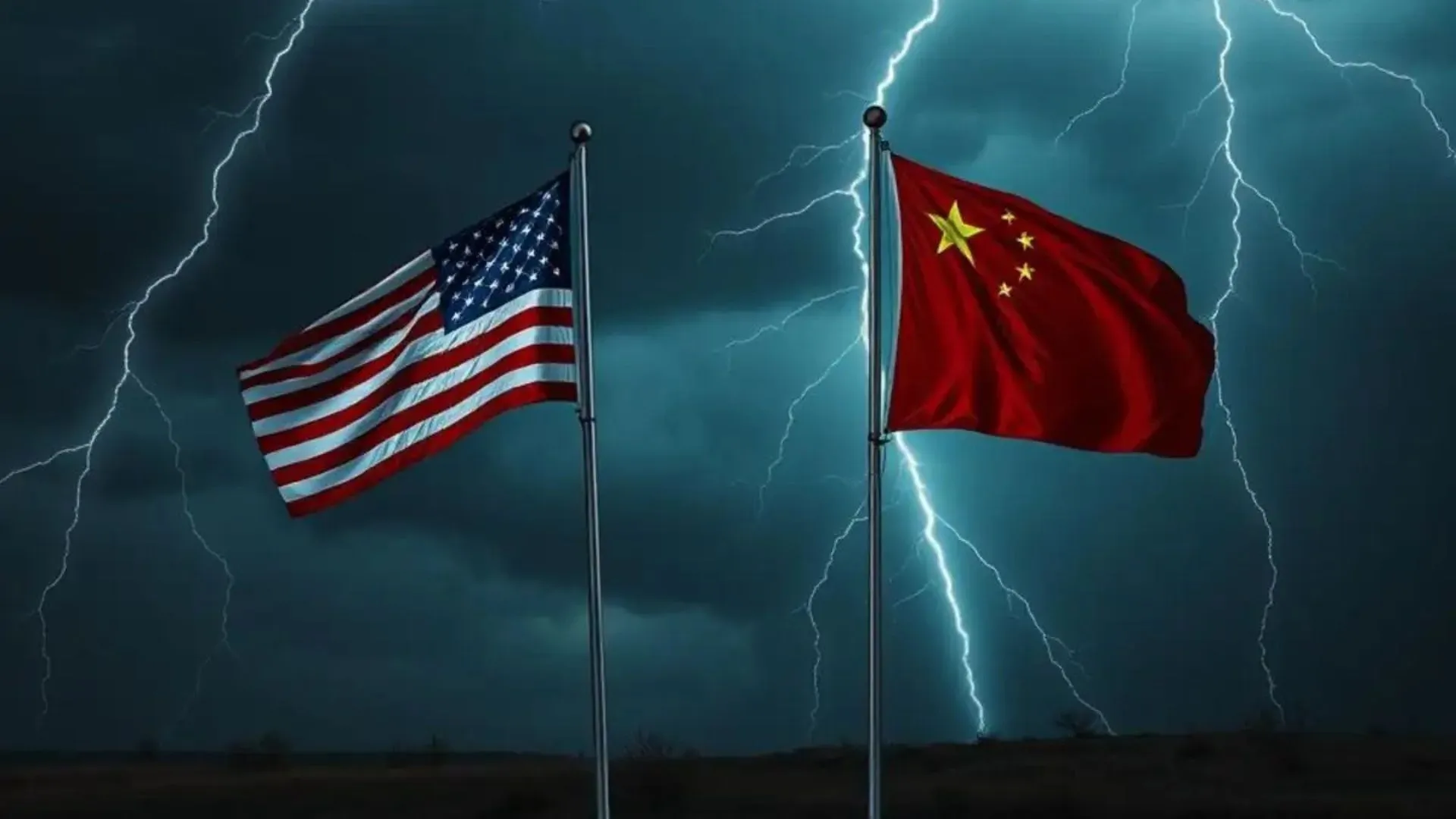As President Donald Trump’s US-China trade war heats up, China has mounted a multi-faceted counterattack, aiming not just at American products but also at US luxury brands popular with global consumers.
Retaliation Has Included Rare Earth Export Ban and 125% Tariffs
As a direct retaliation against Trump’s tariffs, Beijing has levied 125% retaliatory tariffs against US products and suspended the export of key rare earth minerals. This action has the potential to destabilize world production of essential products like automobiles, semiconductors, and even defense systems.
But China’s retaliation goes beyond tariffs and supply-chain management. The regime seems to be using its manufacturing and social media ecosystems to attack at the core of America’s luxury industry.
Coordinated Campaign Against US and Western Luxury Brands
In what appears to be a coordinated effort, the Chinese government and domestic industry are collaborating to undermine the reputation and market of Western luxury brands. This involves two primary strategies: an increase in counterfeit production and a social media campaign to devalue luxury pricing.
Chinese Counterfeit Industry Gets Green Light
Chinese producers, according to several reports, are cranking out more counterfeit high-end goods with what appears to be approval from Beijing. The imitations copy famous brand names and are set to swarm foreign markets, undercutting American and European luxury goods’ exclusivity and worth.
China already controls the counterfeit trade, with 86% of counterfeits worldwide, as per the US Chamber of Commerce. The Center for Anti-Counterfeiting and Product Protection at Michigan State University puts the figure of counterfeit goods at 3.3% of global commerce, which comes to a whopping $1.023 trillion, of which China has control of about $818.4 billion.
A report by Glitz, a French investigative site that focuses on the fashion world, alleges that China is thinking of giving free rein to counterfeiters—particularly those that attack US brands—as a response to Trump’s hostile trade policies.
Chinese Influencers Discrediting Brand Value on Social Media
At the same time, Chinese social media influencers have used sites such as TikTok to reveal the supposedly overpriced Western luxury brands. Several viral videos illustrate that these branded products are being made on the cheap in Chinese factories.
One of the videos has a social media influencer saying he produces Birkin brand bags for only $1,400, yet the same bag is allegedly selling for $38,000 with the brand name.
Over 90 per cent of the cost is for the logo, but if you don’t care about the logo and need the same quality, same material, you can just purchase from us,” says the individual in the video.
These influencers are urging global consumers to skip Western retailers and buy directly from Chinese manufacturers at a fraction of the price.
US and European Brands Under Attack
Luxury brands Ralph Lauren, Tom Ford, Calvin Klein, Coach (Tapestry), Jimmy Choo (Capri), The Row, Estée Lauder, and La Mer have been reportedly in the crosshairs of China’s counterattack.
The defamation campaign has added brands like Zara, H&M, and Stanley to the list.
On another viral clip, a viewer comments: “Your ‘costly’ Stanley cups and bags are produced in China and are very cheap. Xi Jinping is battling everyone here! Wow.”
A Strategic Ploy or Escalation of Trade War?
China‘s weaponization of counterfeits and social media propaganda may be the opening salvo of a new trade war front. By destroying the perceived value of Western luxury goods, Beijing seems to be striking America at its weak spot—consumerism and brand reputation.
As the world’s trade tensions intensify, the impact could not only be felt in politics and economics but also redefine the way the world perceives luxury, authenticity, and brand strength.






















